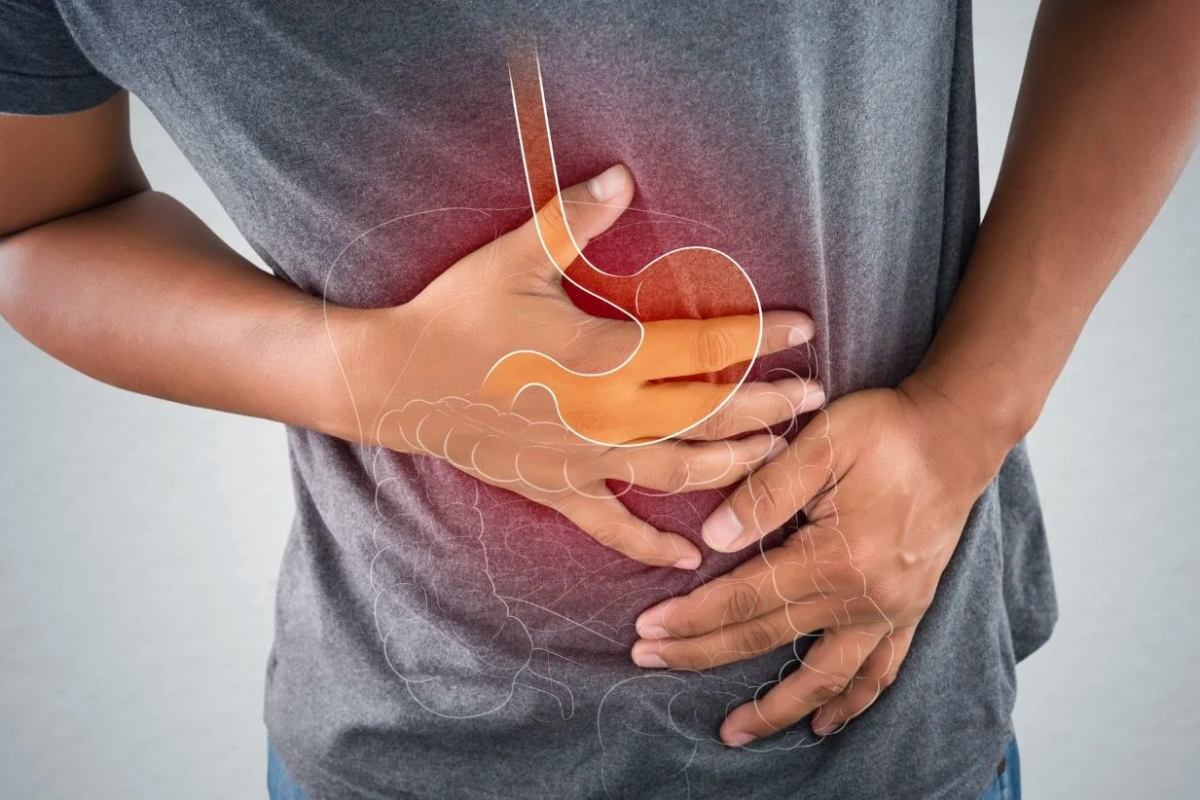
Stomach cancer, characterized by the growth of cancerous cells within the stomach lining, poses a significant threat to health, often with subtle symptoms in its early stages. As lifestyle choices heavily influence cancer development, adopting preventive measures is key. Here are effective tips to minimize the risk of various types of stomach cancer:
1. Stay Active:
- Engage in daily exercise to promote fitness and overall well-being.
- Aim for at least 30 minutes of exercise every day, recognizing any amount as beneficial.
2. Fight Obesity:
- Obesity increases the risk of stomach cancer.
- Initiate weight loss through diet, exercise, and lifestyle changes.
- Focus on weight stabilization before progressing to weight loss goals.
3. Kick the Habit:
- Smoking doubles the risk of specific stomach cancers.
- Quit smoking using aids like nicotine replacement and medication.
4. Eat Healthily:
- Prioritize a diet rich in fruits, vegetables, and whole grains.
- Limit red meat consumption and opt for high-fiber foods to reduce stomach cancer risk.
- Take a multivitamin with folate and replace unhealthy fats with healthier alternatives.
- Avoid pickled, smoked foods, fish, and salted meats.
5. Protect from Carcinogens:
- Be cautious when working with carcinogenic chemicals like asbestos, cadmium, radon, chromium, and nickel compounds.
6. Limit Alcohol Intake:
- Control alcohol consumption, with men advised not to exceed two drinks per day and women not more than one drink.
- Avoid overdrinking, as it increases the risk of various stomach cancers.
7. Regular Medical Care:
- Prioritize regular self-examinations and screenings for early detection.
- Consult with a doctor about the most effective cancer screening schedule and recommended tests.
8. Treatment for H Pylori Infection:
- Address chronic stomach lining infections with antibiotics, even in the absence of apparent symptoms.
- Reduction of H pylori infection decreases the likelihood of developing stomach cancer.
Taking proactive steps in maintaining a healthy lifestyle and seeking medical intervention when needed significantly contributes to preventing various types of stomach cancer. By adopting these measures, individuals can empower themselves to minimize risks and prioritize long-term well-being.



